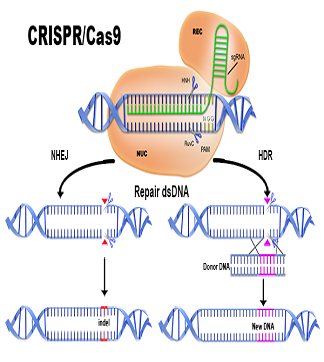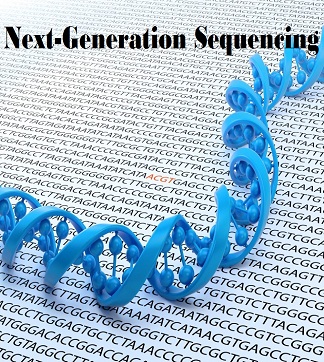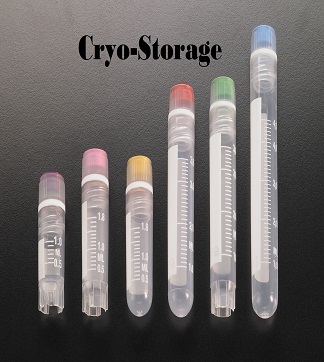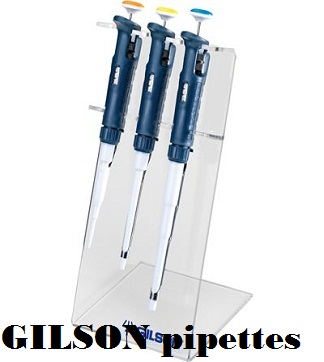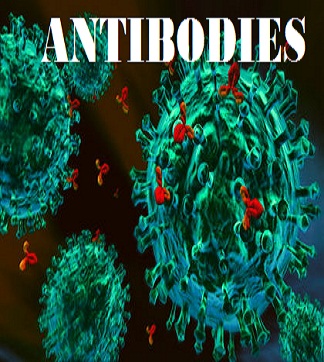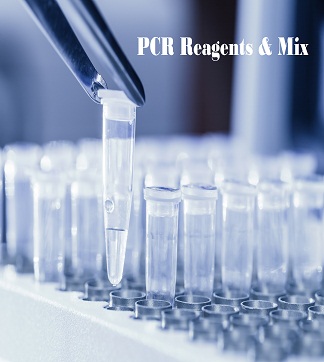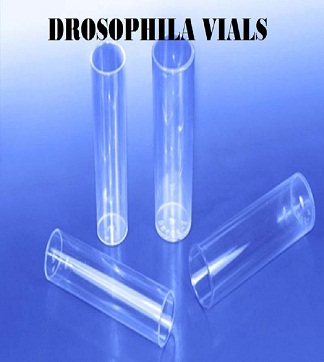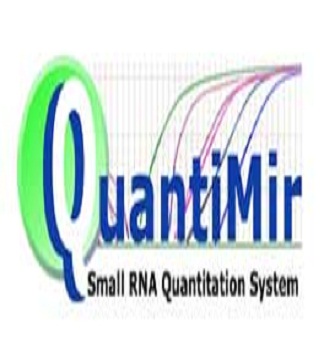1. Standard PCR
Standard PCR products includes a highly active Taq DNA Polymerase that is suitable for demanding applications, such as diagnostics and routine amplification. PCR master mixes, which contain all necessary PCR reagents, simplify PCR setup.
Colored, high-density PCR buffers allow PCR products to be loaded directly onto gels after cycling and colored storage buffers allow easy identification of mixes containing Taq DNA polymerase during reaction setup.
Taq DNA polymerase allows targets of 3–5 kb to be routinely amplified under standard or fast cycling conditions. In addition, an adenine is added to the 3′ end of the product, allowing TA cloning.
The advantages are:
Diagnostic-grade quality — top performance for demanding applications
Convenient — master mixes and colored enzymes make your job easier
Efficient — abundant DNA ready for downstream applications
2. Hot-Start PCR
Hot-start enzymes are completely inactive during room-temperature setup and become active only after heating, reducing random primer annealing and unspecific amplification that can occur with standard PCR enzymes. The fidelity of hot-start PCR is the same as for standard PCR, and targets of 3–5 kb are routinely amplified. Like standard Taq DNA polymerase, hot-start enzymes add an adenine to the 3′ end of the product, allowing TA cloning.
Hot-start PCR master mixes, which contain all necessary PCR reagents, simplify PCR setup. Colored, high-density hot-start PCR buffers allow PCR products to be loaded directly onto gels after cycling. Colored storage buffers allow easy identification of mixes containing Hot Start Taq DNA Polymerase during reaction setup.
The advantages are:
Optimized — excellent enzyme performance for enhanced applications
Specific and sensitive — hot start for better results
Convenient — component choices that make your job easier
Fast — master mixes for less pipetting during setup
3. Multiplex PCR
Multiplex PCR enables the amplification of multiple targets in one single PCR experiment using multiple sets of primers. The ability to reduce the number of reactions needed to test a sample for different targets helps saving time and money and therefore makes multiplex systems especially useful when large sample numbers have to be processed.
Multiplex PCR is widely used in biological and medical applications such as genotyping or different DNA testing methods in research, forensic and diagnostic laboratories. Examples of experiments performed using Multiplex PCR are genotyping (deletions, mutations, SNPs), detection and typing of pathogens or GMOs, analysis of satellite DNA (microsatellites, STRs, VNTRs), forensic analysis, food analysis, quantitative and reverse transcription PCR assays for gene expression, and more.
Multiplex Mastermixes contain all components necessary for the reaction and minimize the need for optimization thus making the development and set-up of multiplex PCR assays easy and fast.
The advantages are:
Optimized formulation — for successful and robust performance
Universal use — suited for many types of multiplex applications
Hot-start technology — for highest specificity and sensitivity
4. High-Fidelity & Long-Range PCR
Pfu DNA Polymerase provides PCR accuracy that is approximately 10 times higher than Taq DNA Polymerase, and is suitable for demanding cloning, sequencing and expression applications.
Long-range PCR kits provide an optimized combination of Taq DNA polymerase and a proofreading DNA polymerase for longer PCR products with higher accuracy than is possible with the Taq enzyme alone. Long-range enzymes amplify templates of up to 30–40 kb with high fidelity. PCR Enhancer is supplied for better results with GC-rich amplicons. High-fidelity and long-range products are not recommended for use with dUTP.
The advantages are:
Optimized — excellent enzyme performance for enhanced applications
Accurate — high-fidelity polymerase
Reliable — polymerase for large amplicons
Fast — master mixes for less pipetting during setup
5. Reverse Transcription & RT-PCR
RevertUP Reverse Transcriptase, which is a proprietary modification of the MMuLV reverse transcriptase, provides most efficient cDNA synthesis without RNase H activity, allowing successful synthesis of cDNAs of greater than 14 kb in length.
One-step RT-PCR kits provide optimized reagents, including Hot Start Taq DNA Polymerase, for performing both reverse-transcription and amplification reactions in one tube.
The Moloney-Murine Leukemia Virus (MMuLV) reverse transcriptase is a classic RNA-dependent DNA polymerase. The exceptional purity of the biotechrabbit MMuLV enzyme ensures excellent results in demanding applications. A special RNase Inhibitor prevents RNA templates from degradation by pervasive RNases.
The advantages are:
High performance — exceptional purity for demanding applications
Convenient — excellent efficiency at high temperatures
Reliable — RNase Inhibitor for protecting your RNA
6. Nucleotides
biotechrabbit deoxynucleotide triphosphates are available as mixes containing all dNTPs or sets of individual dNTPs. Sets and mixes containing dUTP instead of dTTP are available for applications such as PCR carryover prevention. The outstanding purity of the nucleotides ensures excellent performance in the most demanding applications.
The advantages are:
Reproducible — exceptional purity for excellent performance
Reliable — outstanding stability for consistent PCR results




